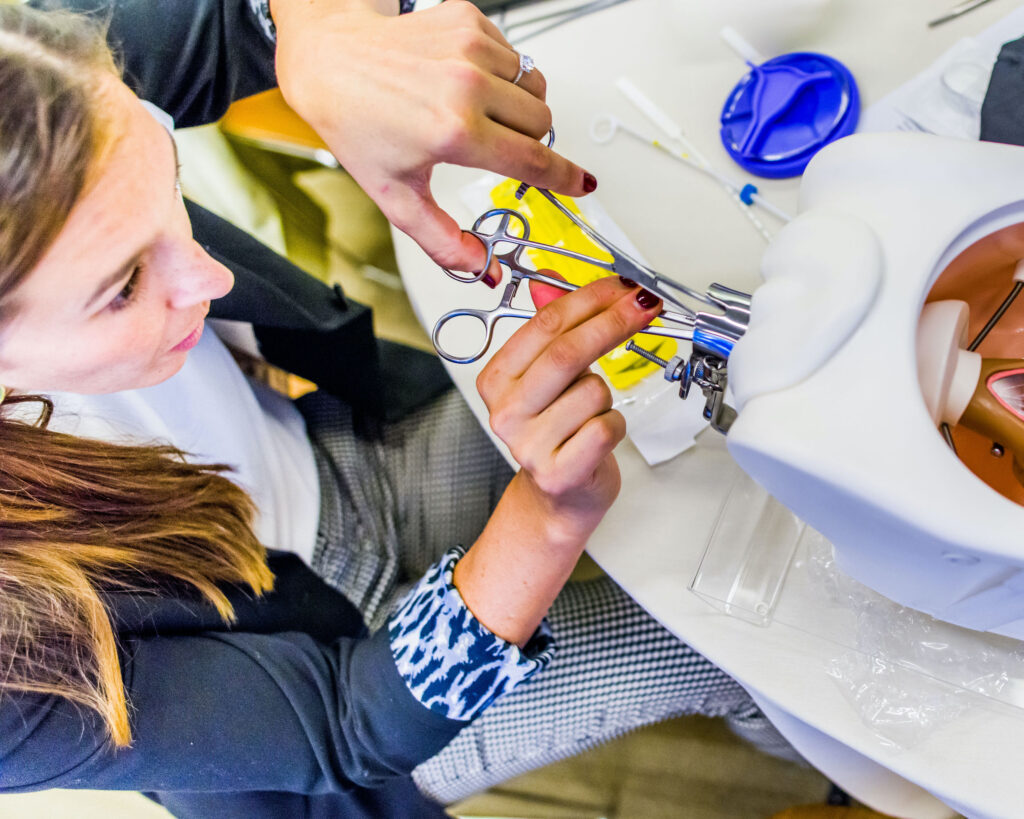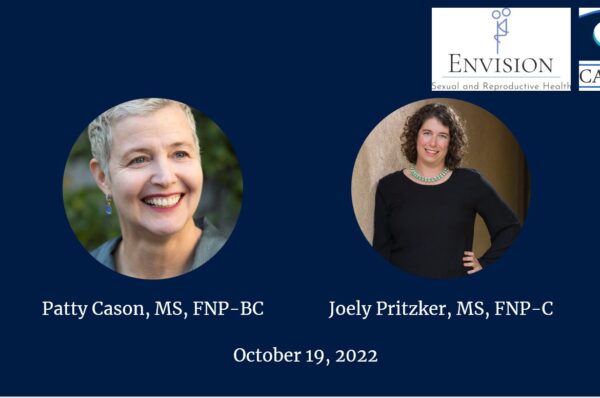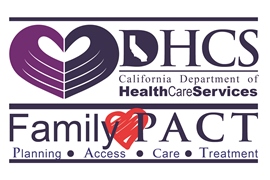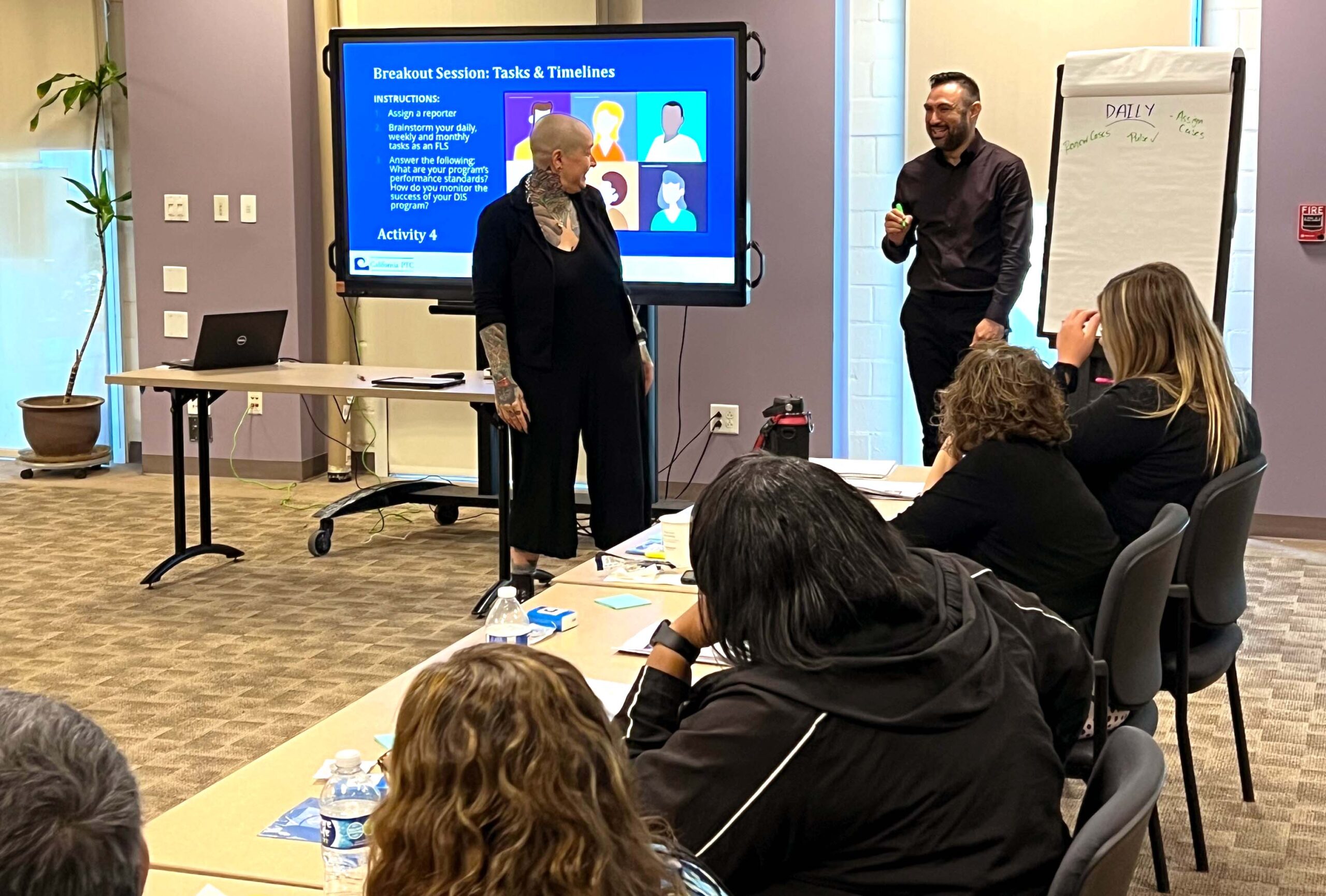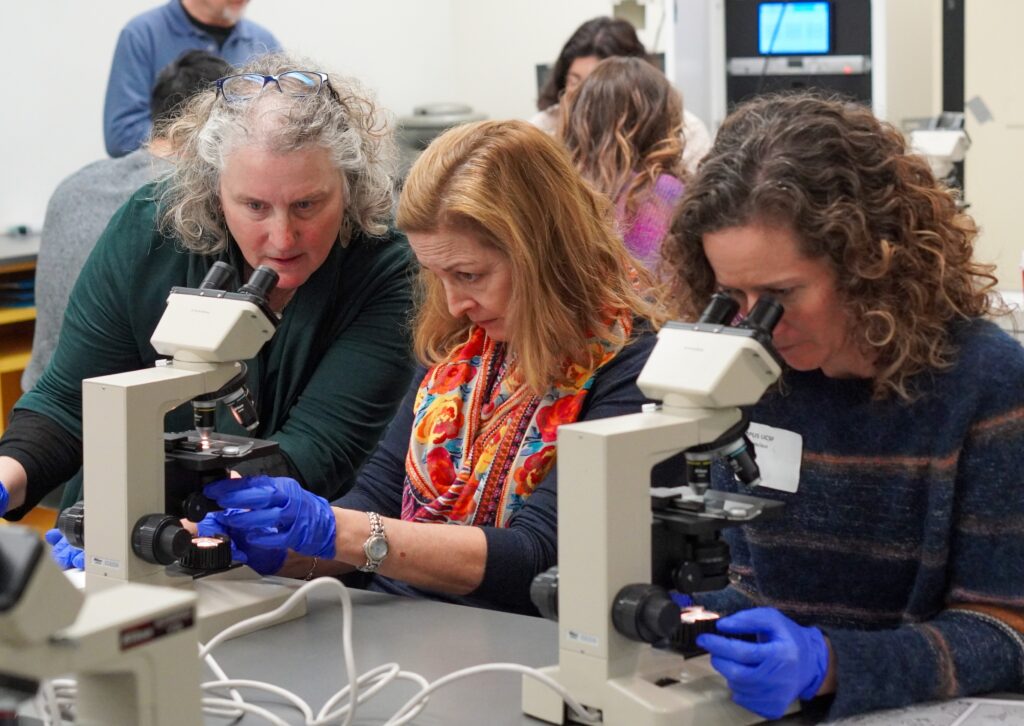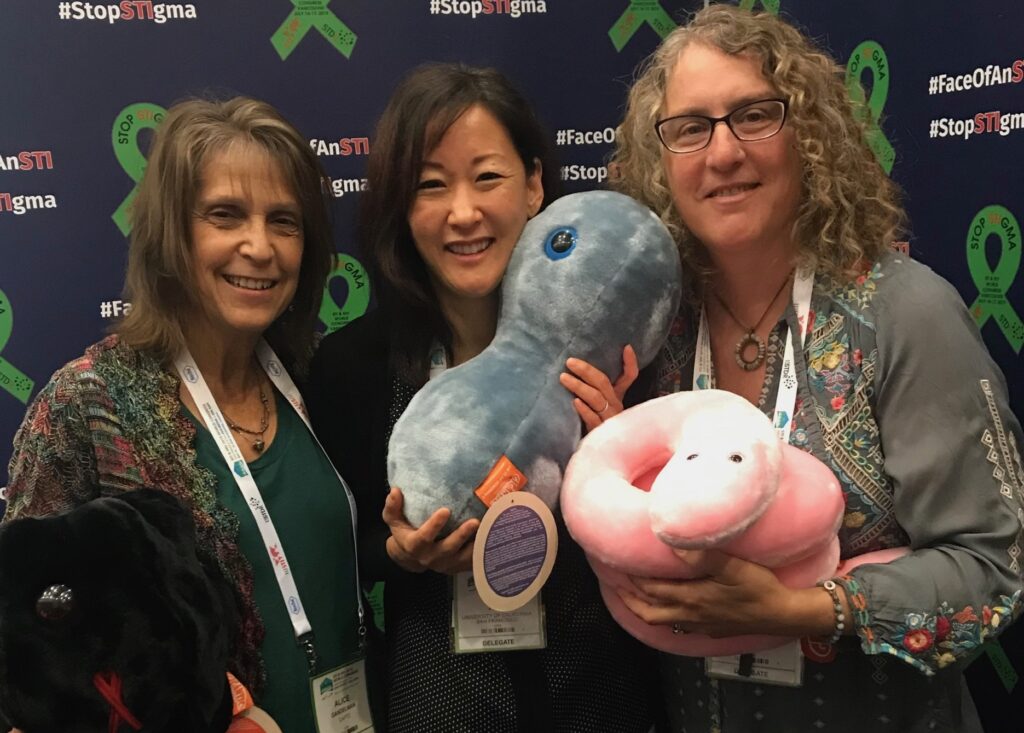Examination and Interpretation of Wet Preparations of Vaginal Specimens
Intended for Practicing Clinicians with Prior Wet Mount Experience
The course begins with a fifteen minute didactic presentation on applicable issues of CLIA regulation, quality control, and interpretation vaginal wet mount (VWM) for common causes of vaginitis. This will be followed by a fifteen minute video that details through the microscope footage of findings on VWM including trichomads, yeast and clue cells associated with BV. The remaining two and one-half hours consists of experiential training, including laboratory practicum on examination of saline and KOH vaginal wet mounts (VWM). During this portion of the training, participants will have an opportunity for group discussion, explanation, and demonstration, as well as practice and return demonstration.
Learning Objectives
- Practice proper preparation of saline and KOH specimens of vaginal fluid to increase viability of specimens for microscopic evaluation.
- Perform proper use of the light microscope to improve examination of saline and KOH wet mount specimens.
- Assess wet mount microscopy specimens to appropriately interpret findings that support diagnosis of vulvovaginal candidiasis, bacterial vaginosis or trichomoniasis
March 30, 2023 from 2:00PM – 5:00PM (PDT)
UCSF Parnassus Heights Campus: San Francisco, CA
Instructors: Sharon Adler, MD, MPH and Lee Fagen, NP


